This is NOT a duplicate of How to use conditionals when replacing in Notepad++ via regex as I am asking something very specific here which I cannot implement following the info in that question. So kindly allow this question.
I want to replace a range of characters with a corresponding range of characters. So far, I can only do it with multiple operations.
For example, match any word that starts with a capital Latin character in the range [ABEZHIKMNOPTYXZ] and is followed by a Greek lowercase letter [α-ωά-ώ] and replace the character in the first matched group with a similar-looking character but in the Greek range [ΑΒΕΖΗΙΚΜΝΟΡΤΥΧΖ] (note, they look the same but are different characters).
What I came up so far was multiple replacements, ie.
(A)([α-ωά-ώ])
Α\2
(B)([α-ωά-ώ])
Β\2
....
So that for example: Aνθρώπινος would become Ανθρώπινος
Bάτος would become Βάτος
Preferably this should work in EmEditor, Notepad++ being the 2nd option.

